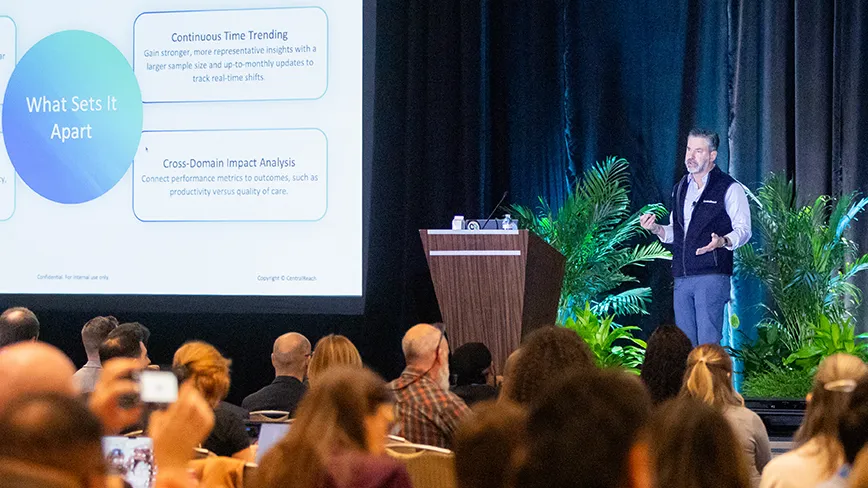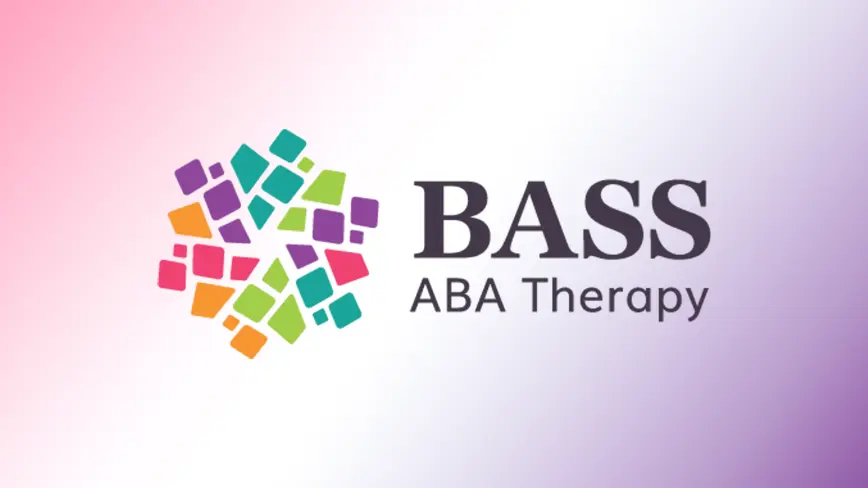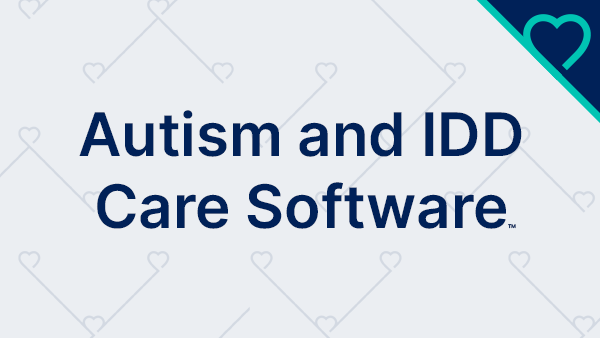Registered Behavior Technicians® (RBTs®) are paraprofessionals trained in behavior analysis. RBTs® play a critical role in the service delivery of medically necessary therapy for individuals with autism and other intellectual and developmental disabilities (IDD).
To begin a role as an RBT®, one must receive certification from the Behavior Analyst Certification Board® (BACB®). One of the key components of certification involves passing a competency assessment. This assessment is conducted after completing the 40-hour course to ensure the candidate has mastered the essential skills needed to provide quality, ethical care.
This article will discuss what the RBT® competency assessment entails and how candidates can prepare for it using practice flashcards and other study materials.
Importance of RBT® Competency Assessment
The competency assessment serves as a critical checkpoint in the certification journey. Candidates need to demonstrate a wide range of competencies to ensure they are well-prepared for the final exam and can competently perform behavior-analytic strategies. This assessment is not just about passing but also about ensuring they can provide quality care in real-world applications.
The Structure of the Competency Assessment
A BCBA® or other qualified assessor conducts the RBT® competency assessment with the aspiring technician. At least three tasks on the competency assessment need to be demonstrated with a client, so typically, the assessment is conducted in a client’s home, school, or clinic. Some competencies are evaluated by observing the candidate directly with a client. Others can be assessed via role-play scenarios or an interview with the assessor.
The assessor evaluates 20 items across four domains:
- Measurement: The candidate will demonstrate that they can implement continuous and discontinuous measurement, record data, and update graphs.
- Assessment: The candidate will demonstrate an ability to conduct preference assessments and record ABC data.
- Skill Acquisition and Behavior Reduction: The candidate will demonstrate an understanding of strategies for teaching skills and reducing interfering behaviors, such as naturalistic teaching, prompting, token systems, and antecedent interventions.
- Professionalism and Requirements: The candidate will demonstrate an understanding of the RBT® supervision requirements, professional boundaries, maintaining client dignity, and how to write session notes.

Introducing Practice Flashcards
To study for the RBT® competency assessment, many turn to tried and true flashcards. Candidates can utilize flashcards to enhance their memorization and maintenance of the concepts and information that the assessment entails.
One way to use flashcards to study for the competency assessment is by following the SAFMEDS method. This method can increase one’s fluency in the knowledge needed for the evaluation. Fluency is not only important for passing the competency assessment and final exam but also for maintaining knowledge of vital information after earning certification and beginning real-world work in the field.
The SAFMEDS method consists of the following process
- Say: Read the concept/question and the definition/answer out loud
- All: Include flashcards for all of the terms you’re studying in your deck
- Fast: Go through the flashcards as quickly as you can while maintaining accuracy
- Minute: Complete as many flashcards as you can in one minute
- Every day: During your study period, practice flashcards each day
- Shuffle: To ensure you’re not studying in a set order, shuffle the cards in between study sets
In addition to using flashcards in your study efforts, attend an RBT® study group with CentralReach to review the task list. Additionally, try taking a few CentralReach mock exams. This is an excellent way to prepare for the final exam format and content.
Sample Flashcards
Consider the following examples of flashcards you could create to prepare for your competency assessment.
Tips for Effective Flashcard Use
Consider the following additional tips for using flashcards in your study preparations.
- Frequently review the flashcards: In the days leading up to your competency assessment, review your flashcards each day.
- Take data: During each study session, record the total number of flashcards you answered correctly and the number you answered incorrectly. This can help you monitor your own progress in mastering the concepts. As an added benefit, you can even practice graphing your results!
- Integrate with other study materials: While mock exams are usually used to prepare for the final exam, they can also be beneficial for preparing for the concepts covered in the competency assessment.
- Review until mastery: Continue reviewing your flashcards until you have mastered the concepts and can consistently answer accurately.
Conclusion
The RBT® competency assessment is a crucial step in ensuring the competence of professionals in the ABA field. Reviewing the initial competency assessment form and completing practice flashcards can help candidates feel more confident before their assessment. As a leader in the ABA field, CentralReach’s 40-hour RBT® training course, along with the supplementary study materials, helps prepare behavior technicians for a rewarding career in a high-demand field.
Posted in Applied Behavior Analysis & Training, Informative
You may also like...
Related information and stories
RBT Competency Assessment Guide: Requirements, Tasks, and How to Pass
Updated December 2025 to reflect 2026 training requirements. The RBT Competency Assessment is an essential requirement for becoming a Registered Behavior Technician and ensures you can demonstrate the skills taught…
Ace the RBT Exam with Comprehensive Study Materials and Support
Taking the Registered Behavior Technician RBT exam can be stressful to think about. From the seemingly endless lists of tasks and acronyms, to the wide array of concepts and applied…
RBT Training – What You Need To Know About Course Changes
On November 1, 2019, the Behavior Analyst Certification Board’s (BACB) new requirements that impact the 40-hour Registered Behavior Technician (RBT) Course and the 8-hour Supervision Training, go into effect. Below…







